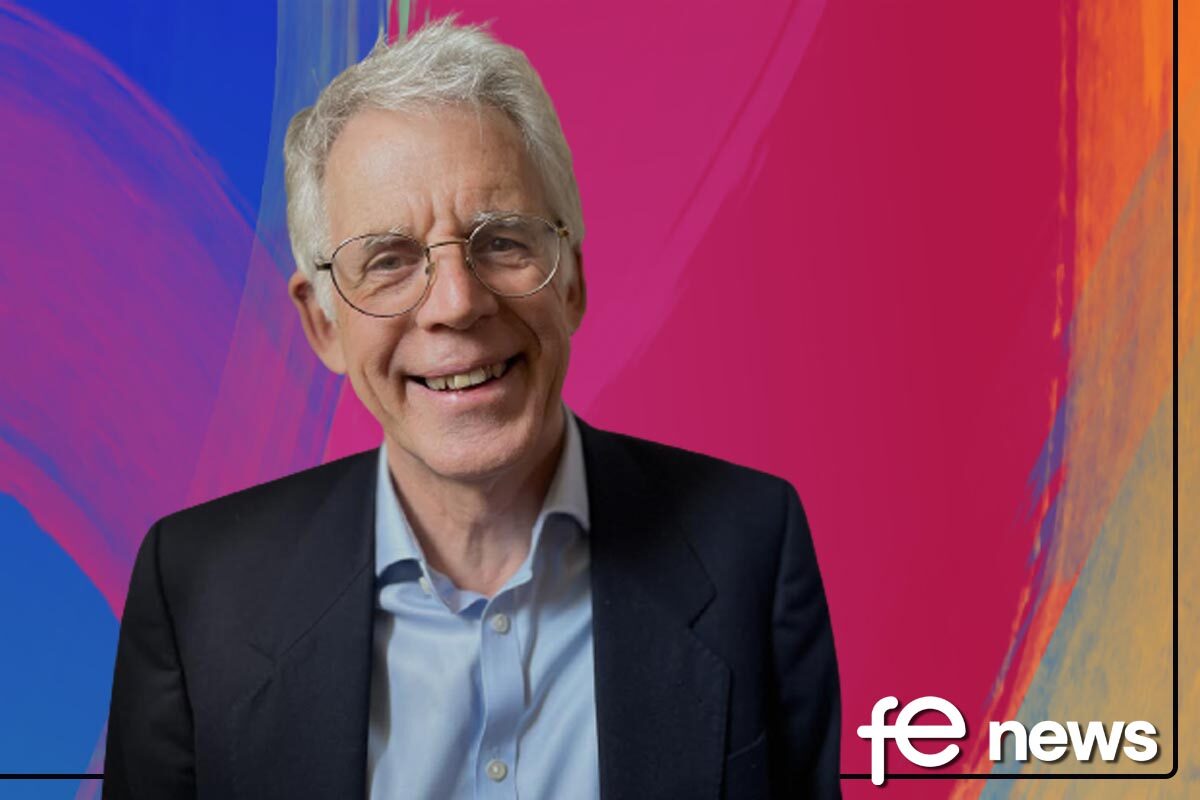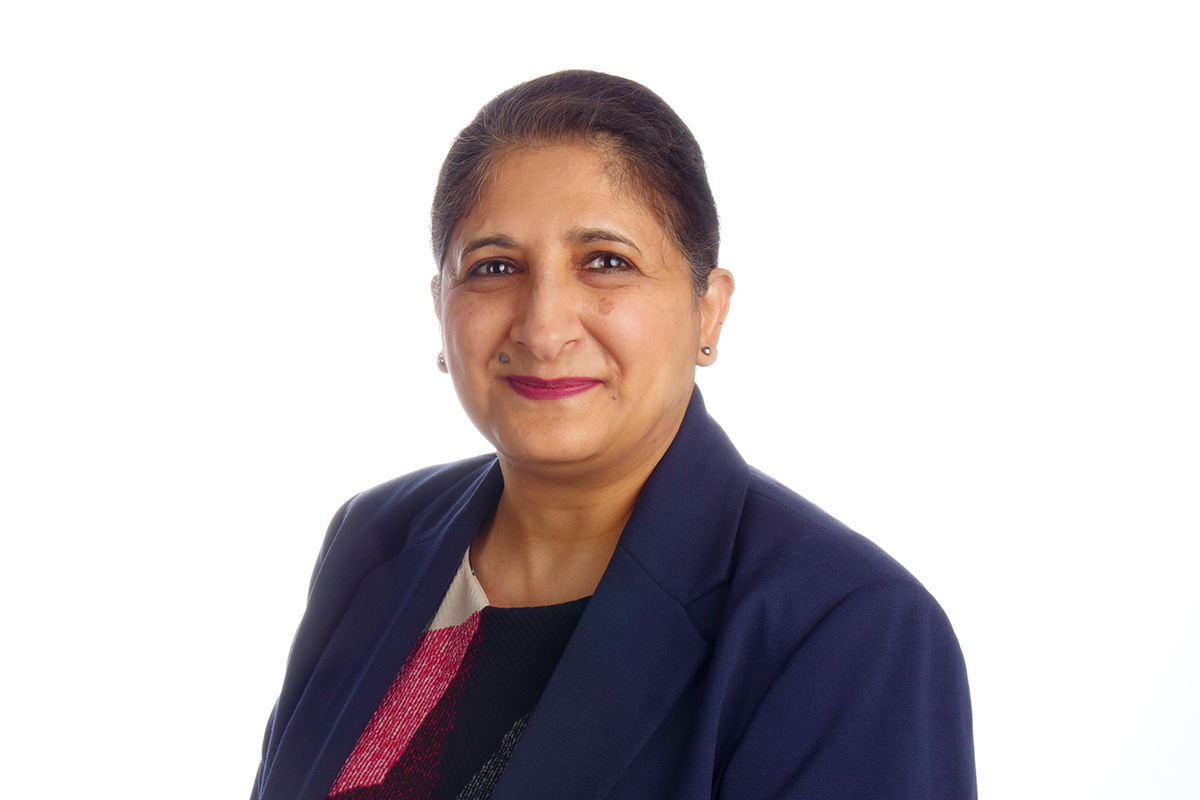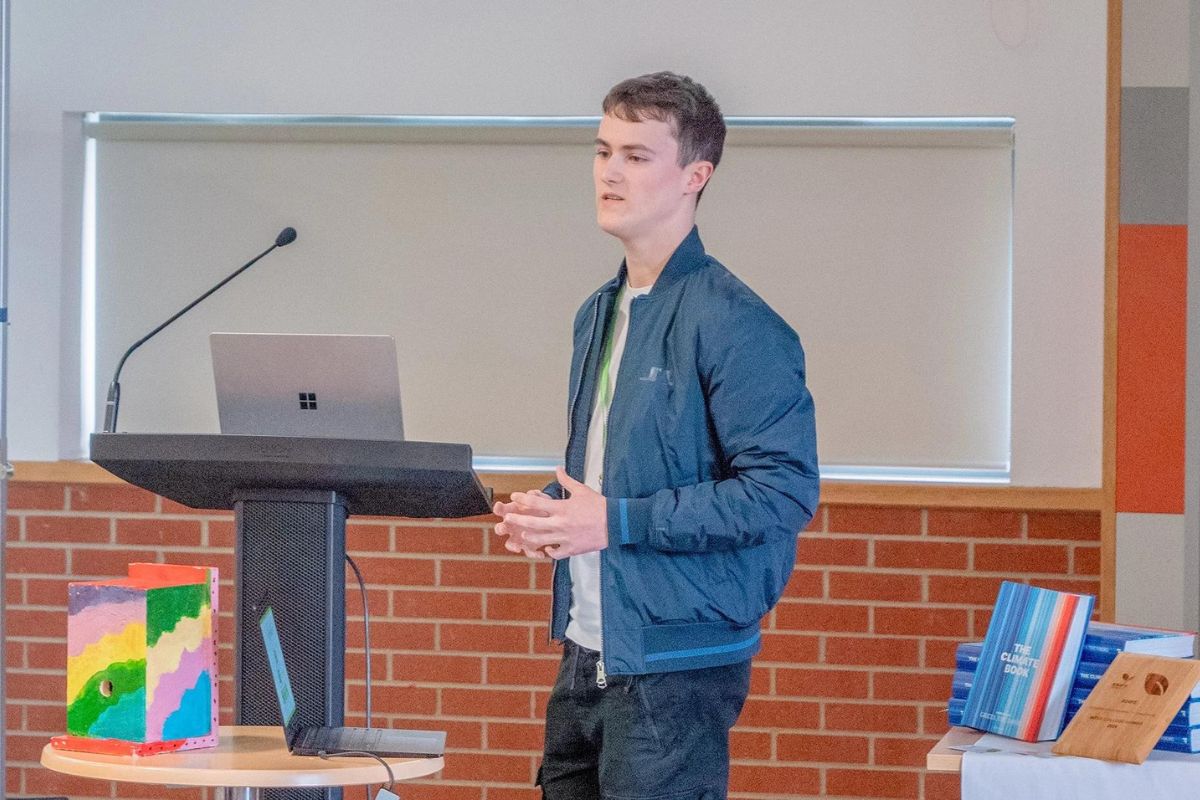Anyone for tennis?

Novak Djokovic is indisputably one of the greatest tennis players of all time and yet he pays someone to coach him, to help him get better.
Who knows, perhaps Djokovic himself would say he’s one of the greatest because he pays someone to help him get better?
One can’t help being struck by the contrast with FE
Would any of us claim to be as good at teaching as Djokovic is at tennis? Very few among us, I think. And yet when it comes to receiving advice on how to teach better a defensive response is rather the rule than the exception.
Who has a good word to say for Ofsted? How many teachers, ten years in, welcome having their teaching critically observed? I even heard a college principal tell a conference recently that he had to manage his own defensive response when receiving feedback on the performance of a college department.
None of us thinks we’re perfect. We would probably all accept the theoretical possibility we might have something to learn. Yet we resent anyone offering to help us get better. Why is that?
Perhaps it’s to do with self-esteem. Teaching is a far more complicated business than hitting a ball over a net. Our hearts and minds are involved. Effective teaching requires the building of a rapport with other people, colleagues as well as students.
We’re emotionally involved in it so it’s perhaps no wonder that if someone comes along and criticises our work we receive it as an assault on ourselves.
Welcoming Constructive Criticism
There may be some truth in this but it doesn’t solve the puzzle for the simple reason that it all holds true, surely, for a top tennis player – and they welcome constructive criticism.
Perhaps our vulnerability is the reason? The activity of teaching absorbs us completely. We focus totally on what we’re doing and are therefore unusually exposed to the eyes of the observer sitting there, assessing us while our back’s turned.
This might take us closer to the core of the problem but it hardly accounts for a college principal’s defensiveness on behalf of their teachers.
And it just isn’t rational. No one much enjoys taking medicine or having a filling done at the dentist but we nonetheless rather prefer to have the treatment than not. But somehow our professional health is different.
Does the very nature of the profession unprepare us for improvement?
A third possibility, I suppose, is that the very nature of the profession unprepares us for improvement. Its whole raison d’être is about helping other people improve.
Presumably, I was appointed to my first job as an English teacher because the appointing panel thought I was better at English than the students I’d be teaching and able to help them become, in this regard, more like me?
Living and working day in, day out, in this quality hierarchy maybe it comes as an unpleasant shock when the tables are turned and we find ourselves subject to an expectation to improve?
Of course, there’s one assumption in all this that we’ve overlooked so far.
Is it the case that Djokovic greets all the advice his coach offers him with Buddha-like serenity?
Could it be that he, too, occasionally feels frustration, disappointment, resentment or even anger when dealing with criticism, even constructive criticism?
But he pays that coach.
And this tells us one thing we can be absolutely sure of and about which Djokovic is dead right:
Some things matter a whole lot more than hurt feelings.













Responses